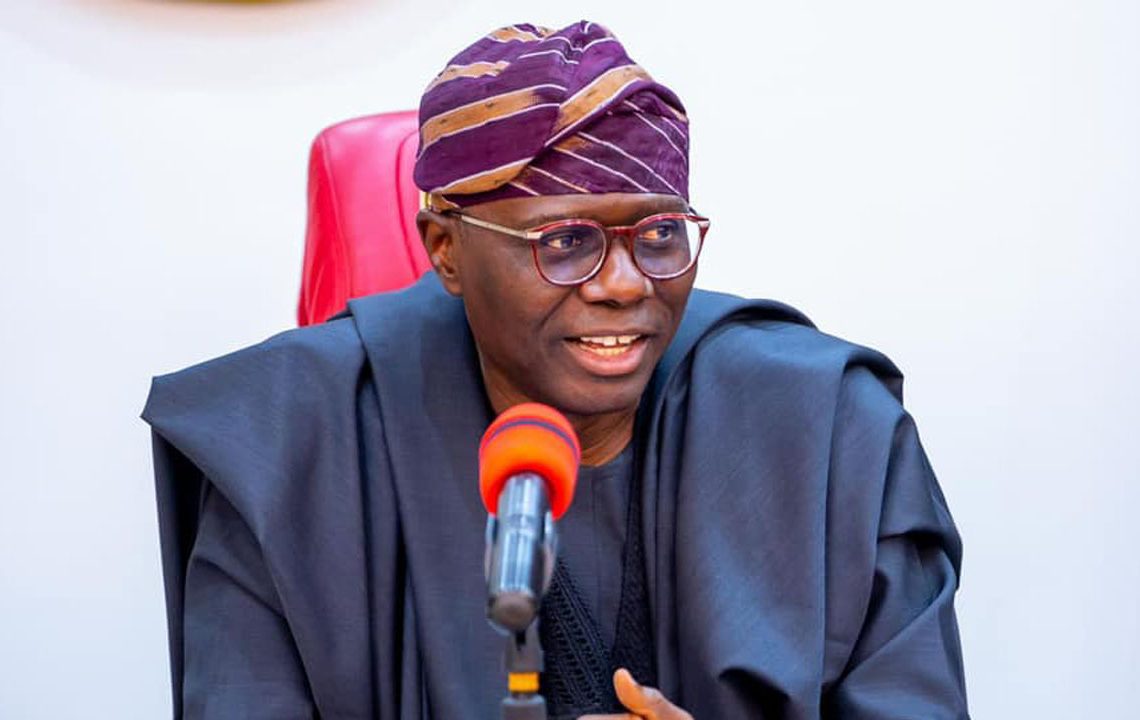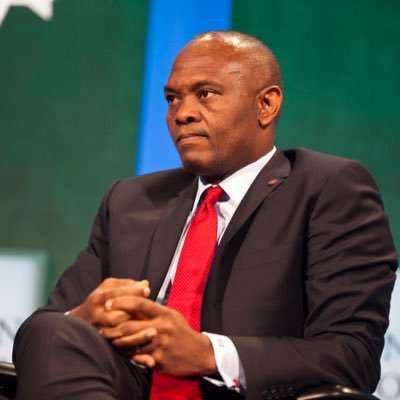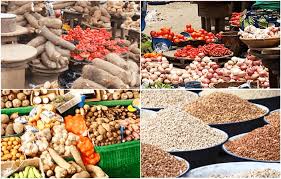Adulteration in Nigeria’s food sector has been attributed to substandard practices by key players across the agricultural value chain — particularly farmers, traders, and market vendors.
This was revealed by the Director of the Fresh Food Hub at the Lagos State Ministry of Agriculture and Food Systems, Oluranti Sagoe-Oviebo, during a Stakeholders Dialogue on the Right to Food Act held in Lagos.
Representing the Lagos State Commissioner for Agriculture, Abisola Olusanya, Sagoe-Oviebo highlighted the disconnect between government interventions and their long-term outcomes. According to her, despite consistent support and funding extended to farmers, many of these interventions fail to yield lasting improvements. “We often return to the same communities one or two years after providing assistance, only to discover there’s no trace of the support that was given,” she said.
Sagoe-Oviebo stressed that government’s role in food security should focus on creating an enabling environment rather than directly engaging in food production. “The government shouldn’t be farming. It should be empowering farmers with the tools and knowledge necessary to scale food production. However, there’s a growing expectation among some farmers that they should continue receiving government support year after year, regardless of the assistance already provided,” she warned.
The event, which has “Together against Poverty,” as theme was supported by Oxfam in Nigeria under its Together against Poverty (TAP) initiative. The TAP project aims to leverage Oxfam’s global expertise to push for systemic reforms that advance the Sustainable Development Goals (SDGs). It also focuses on strengthening aid effectiveness, promoting development financing, and advocating for smallholder-led agricultural transformation through policy reforms and strategic resource allocation.
Sagoe-Oviebo underscored the need for accountability at all levels — from government officials to individual farmers and consumers. “Everyone has a role to play in ensuring food availability. Accountability starts with each of us. As a government official, I must be accountable for my duties. Likewise, farmers must be responsible stewards of the resources and support they receive,” she declared.
She decried the rising level of food adulteration and posed a critical question to the audience: “When food is compromised through unethical practices in its production or distribution, can we still blame the government for those lapses?” She called for introspection and encouraged stakeholders across the board to reassess their responsibilities. “If we all take ownership of our roles, real transformation in Nigeria’s food system is possible,” she added.
Speaking in a personal capacity, Sagoe-Oviebo lamented a general lack of patriotism among Nigerians. “Too often, we expect the government to be everything. But the truth is, the government has its place, and so do individuals. Many of us have failed to play our part. Before demanding accountability from leadership, we must first hold ourselves accountable,” she emphasized. “When citizens begin to do the right thing, it compels the government to also sit up and act right.”
While praising the Ogbenge Women group for successfully managing the support extended to them, she questioned whether such dedication was common among other beneficiaries. She urged Oxfam and similar organizations to revisit their implementation strategies to ensure sustainability and inclusiveness.
In his remarks, Michael Terungwa David, Team Lead at the Global Initiative for Food Security and Ecosystem Preservation (GIFSEP), painted a stark picture of food insecurity in Lagos State. Citing a 2022 report, David revealed that over 1.78 million Lagos residents are currently food-insecure — the highest figure in the country.
“This alarming statistic reflects the daily struggles of urban households to access affordable and nutritious food,” he noted. Despite ongoing efforts to combat food insecurity, systemic challenges such as poverty, inflation, unemployment, and logistical constraints continue to hinder progress.
David emphasized that Lagos State’s food security is of national importance, given its large population, dynamic economy, and strategic role in Nigeria’s food supply chain. “Ensuring food security in Lagos is not just a local imperative — it is critical for national development, public health, social cohesion, and economic stability,” he said.
He listed several reasons for prioritising food security in the state: its massive population, position as Nigeria’s economic powerhouse, its influence on the national food system, and the role it plays in poverty reduction and sustainable development.
David also celebrated the recent passage of the Right to Food Act, calling it a transformative legal milestone. “This Act marks a paradigm shift. It enshrines access to adequate food as a legal right, not a privilege. It mandates that every Nigerian, regardless of status, must have access to safe and nutritious food,” he said.
He clarified that while food security is the end goal, the Right to Food is the legal and institutional pathway to achieve it. “This forum provides us with a timely opportunity to reflect on our current realities, identify gaps, and develop strategies to ensure full implementation of the Act,” he said.
David urged stakeholders to respond to the urgent realities of worsening food insecurity, economic hardship, and climate change. “Beyond raising awareness, this dialogue must lay the foundation for coordinated, multi-stakeholder actions and strong governance structures that will bring the law to life in the daily experiences of ordinary Nigerians,” he said.





